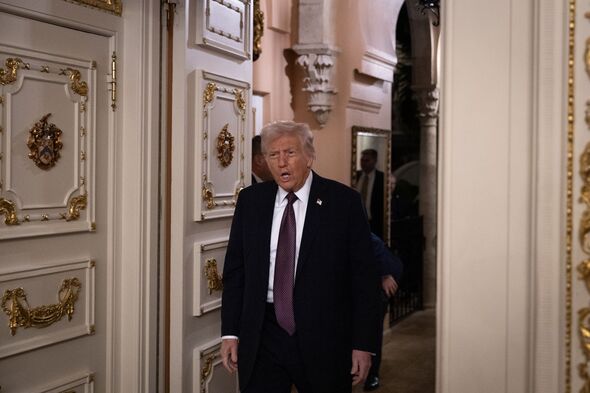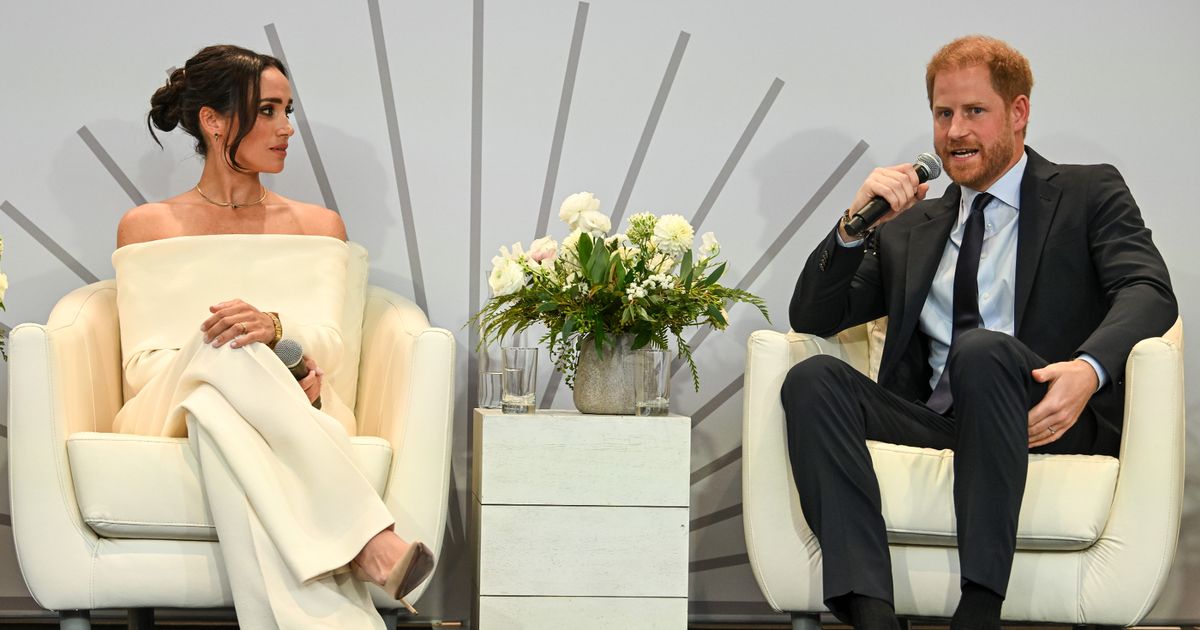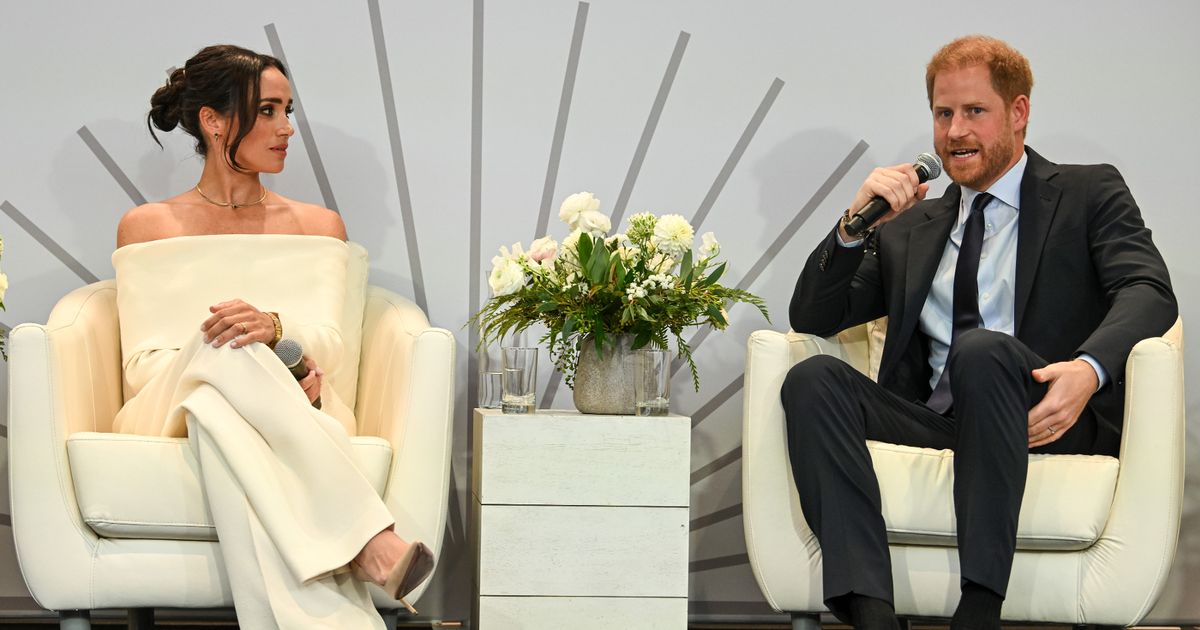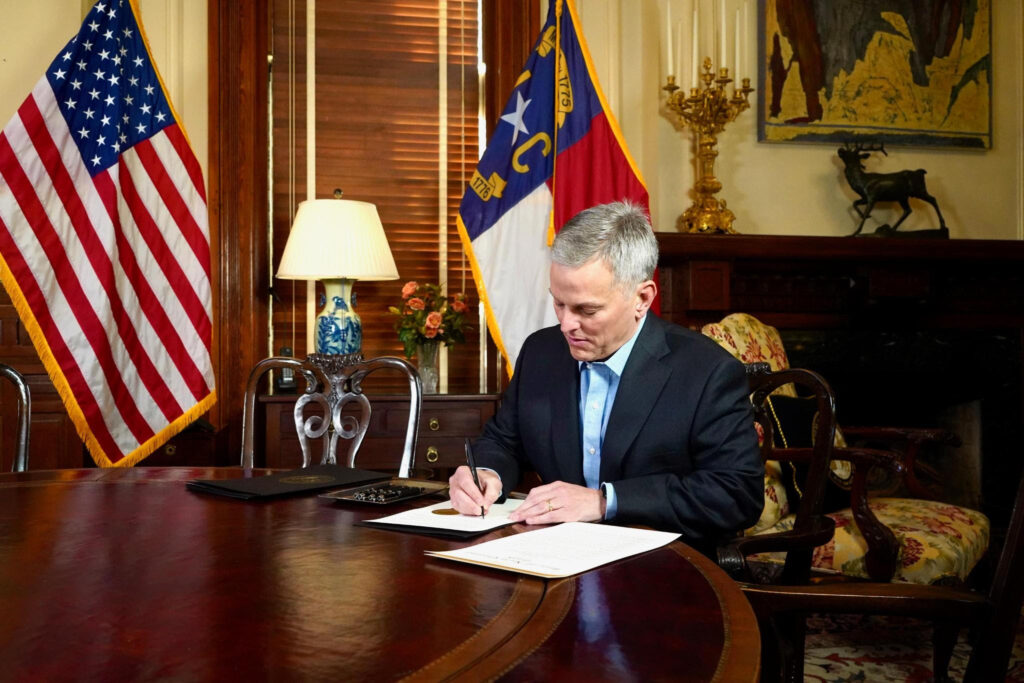## Royal Rumble: Harry & Meghan Slam Meta’s Fact-Check Ditching as “Ego or Profit” Driven
Buckle up, royals and tech fans, because Prince Harry and Meghan Markle are taking on Meta – and they’re not holding back.
The Duke and Duchess of Sussex have publicly criticized Meta’s controversial decision to axe independent fact-checkers, calling it a move fueled by “ego or profit” rather than genuine concern for user safety.

This isn’t just a celebrity soundbite. It’s a direct challenge to one of the world’s most powerful tech giants, with implications for the future of online information and the very fabric of truth itself.

The Sussexes Challenge Meta: A Battle for Online Safety and Accountability
A Statement Against the Tide

Prince Harry and Meghan Markle’s recent statement criticizing Meta’s decision to scrap fact-checking on its platforms has sent ripples through the tech and media landscape. The couple’s public condemnation, particularly its timing amidst the political transition in the United States, underscores the growing debate surrounding online safety, hate speech, and the responsibility of social media companies.
In a statement released on their official website, the Sussexes called Meta’s move “deeply concerning” and accused the company of prioritizing profit and political expediency over public safety. They highlighted Meta’s stated commitment to “build human connection” and argued that its decision to abandon fact-checking directly contradicts this mission. The statement also expressed alarm over Meta’s plans to scale back diversity and equity initiatives, suggesting that these changes could further marginalize vulnerable communities.
The Sussexes’ criticism of Meta’s decision received significant media attention, prompting further scrutiny of the company’s policies and practices. It also sparked a broader discussion about the role of social media companies in shaping public discourse and the potential consequences of reducing fact-checking.
This move comes at a particularly sensitive time, with Donald Trump poised to take office. The timing of the announcement, just weeks before Trump’s inauguration, has led some to speculate that Meta is bowing to political pressure. The Sussexes explicitly referenced “political winds” in their statement, suggesting a connection between Meta’s decision and the incoming administration’s stance on free speech and online content moderation.
The implications of Meta’s decision extend far beyond the United States. With billions of users worldwide, Facebook and Instagram wield immense influence over global conversations and information flows. The Sussexes’ call for greater accountability from Meta highlights the urgent need for social media companies to address the spread of misinformation and hate speech on their platforms, not just in the US, but globally.

Meta’s Counter-Narrative: Free Speech vs. Harm Reduction
In response to the backlash, Meta CEO Mark Zuckerberg has defended the company’s decision, emphasizing its commitment to “free expression.” Zuckerberg argues that automated content moderation systems, while necessary, often make mistakes and can lead to the suppression of legitimate speech. He suggests that relying on a community-driven system, such as “Community Notes,” will provide a more nuanced and accurate approach to content moderation.
Community Notes, previously known as “Snopes,” allows users to flag potentially misleading content and provide context or corrections. Meta claims that this system will empower users to take ownership of content moderation and promote a more transparent and accountable process. However, critics argue that relying on user-generated content for fact-checking is inherently flawed and could exacerbate the spread of misinformation.
Concerns have been raised about the potential for bias, manipulation, and the spread of conspiracy theories within community-based moderation systems. There is also a risk that malicious actors could exploit these systems to spread disinformation or suppress dissenting voices. While Community Notes may offer some benefits, its effectiveness in mitigating the harms associated with online misinformation remains to be seen.
The debate surrounding Meta’s decision highlights the complex trade-offs involved in balancing free speech with the need to protect users from harm. There is no easy solution, and the consequences of both approaches—strict content moderation and a more laissez-faire approach—are significant.
The Stakes: Power, Profit, and the Future of Online Discourse
The Sussexes’ challenge to Meta goes beyond a simple disagreement about policy; it raises fundamental questions about the power dynamics at play in the digital age. Social media companies have become gatekeepers of information, shaping public discourse and influencing political outcomes. Their decisions about content moderation have profound implications for democracy, free speech, and individual well-being.
Meta’s decision to prioritize profit and political expediency over public safety raises concerns about the company’s commitment to its stated mission of “building human connection.” Critics argue that Meta’s algorithms, which are designed to maximize user engagement, often prioritize sensationalized and divisive content, contributing to the spread of misinformation and polarization.
The Sussexes’ call for greater transparency and accountability from Meta reflects a growing demand for social media companies to be held responsible for the consequences of their actions. As platforms become increasingly influential in shaping our world, it is essential that they operate in a transparent and ethical manner.
The stakes are incredibly high. The spread of misinformation has real-world consequences, from undermining trust in institutions to fueling violence and extremism. Social media companies have a responsibility to protect their users from harm and to ensure that their platforms are not used to spread hate or incite violence.
The future of online discourse depends on finding a sustainable balance between free speech and online safety. This will require a multifaceted approach involving governments, social media companies, civil society organizations, and individuals. It is a complex challenge, but one that we must address if we want to create a healthy and thriving online environment.
Conclusion
safe

